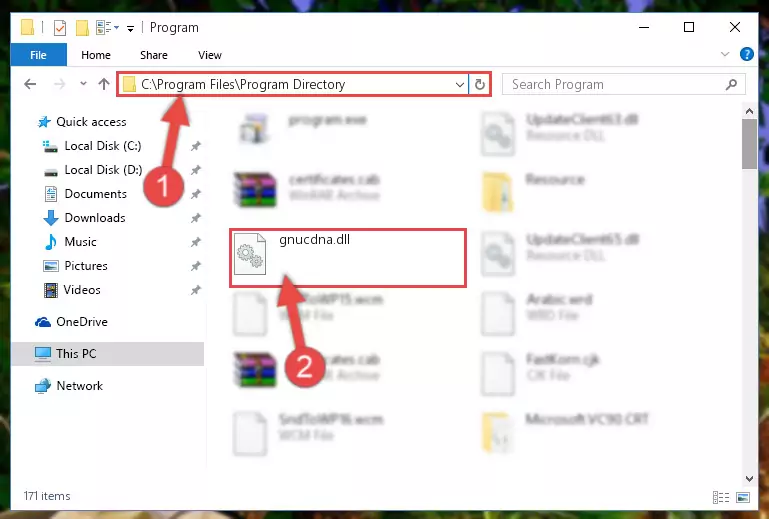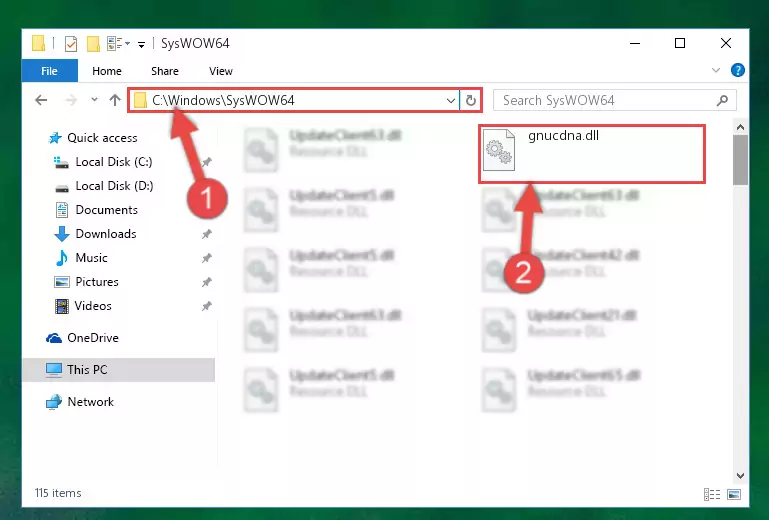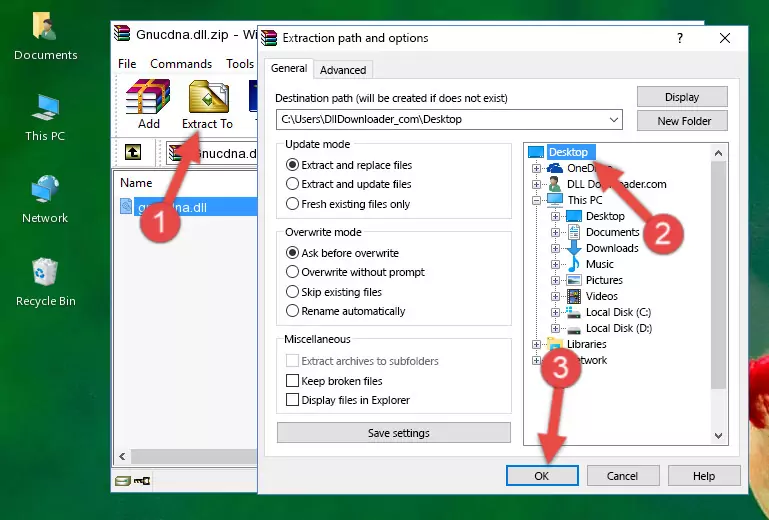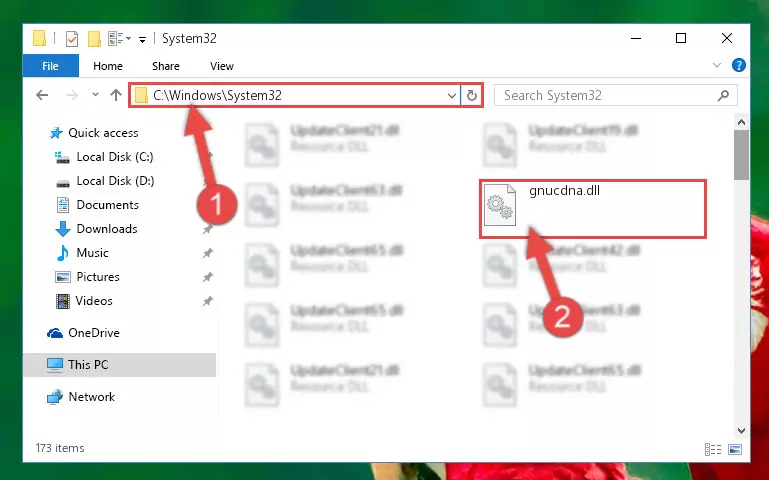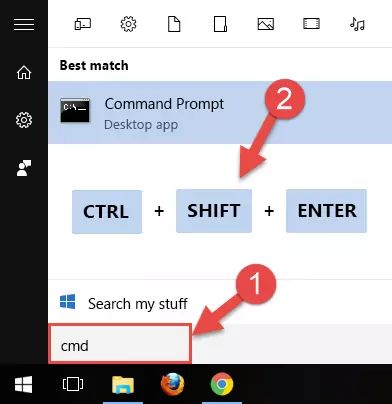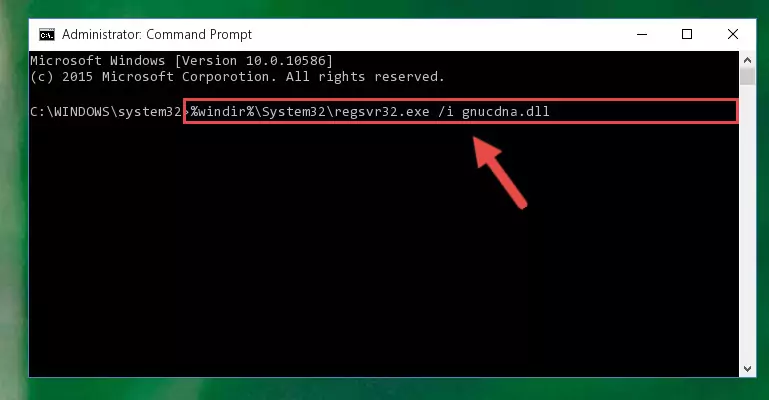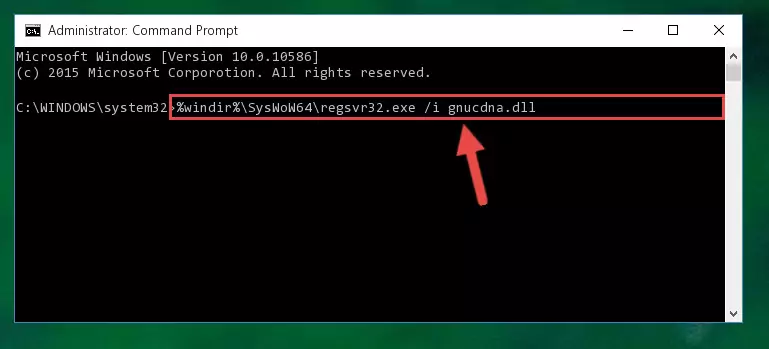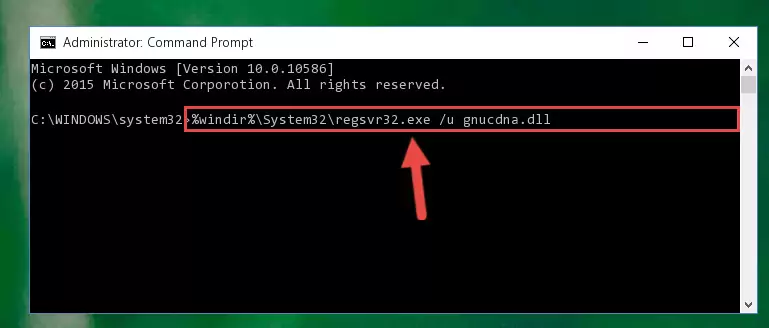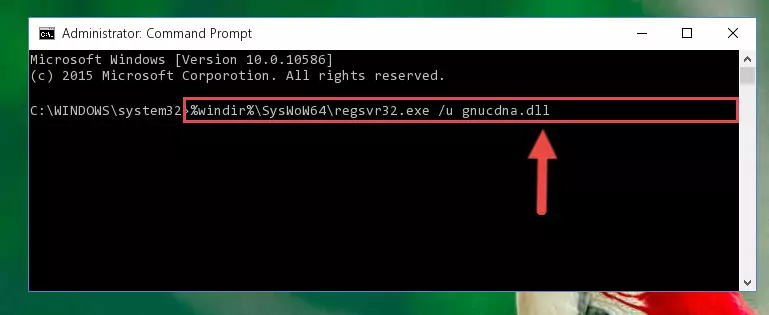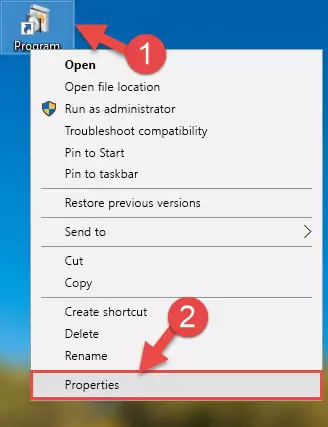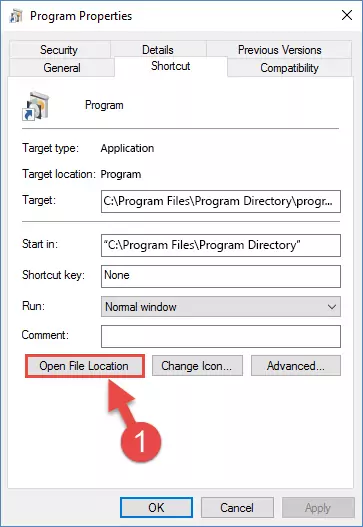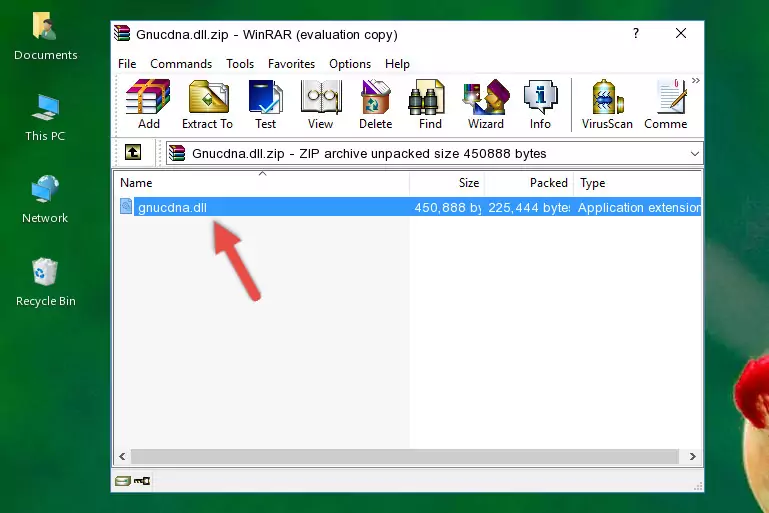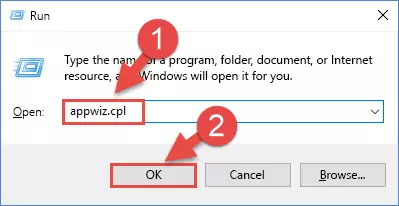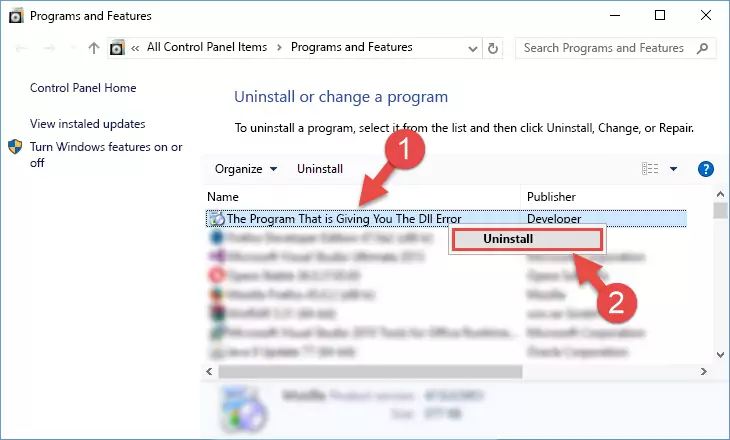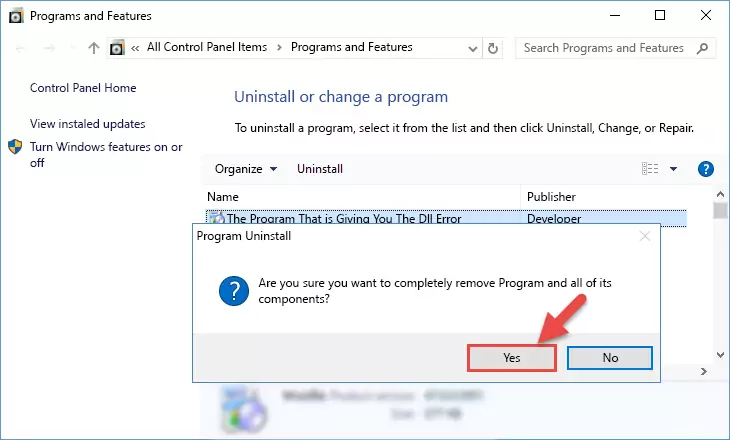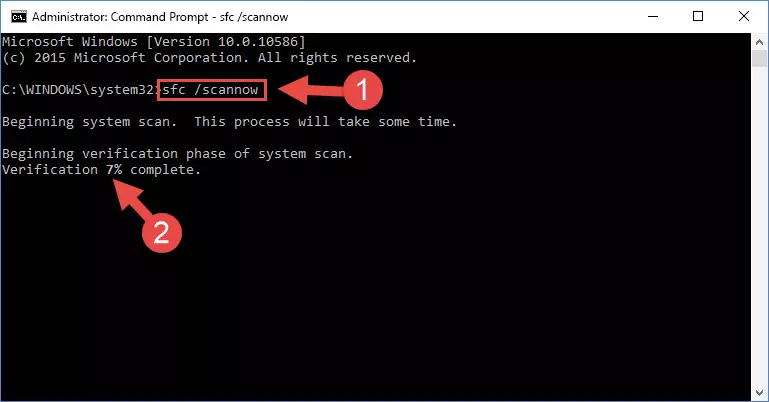- Download Price:
- Free
- Size:
- 0.43 MB
- Operating Systems:
- Directory:
- G
- Downloads:
- 800 times.
Gnucdna.dll Explanation
The Gnucdna.dll file is 0.43 MB. The download links for this file are clean and no user has given any negative feedback. From the time it was offered for download, it has been downloaded 800 times.
Table of Contents
- Gnucdna.dll Explanation
- Operating Systems Compatible with the Gnucdna.dll File
- Guide to Download Gnucdna.dll
- Methods for Solving Gnucdna.dll
- Method 1: Installing the Gnucdna.dll File to the Windows System Folder
- Method 2: Copying the Gnucdna.dll File to the Software File Folder
- Method 3: Doing a Clean Reinstall of the Software That Is Giving the Gnucdna.dll Error
- Method 4: Solving the Gnucdna.dll Problem by Using the Windows System File Checker (scf scannow)
- Method 5: Getting Rid of Gnucdna.dll Errors by Updating the Windows Operating System
- Common Gnucdna.dll Errors
- Dll Files Related to Gnucdna.dll
Operating Systems Compatible with the Gnucdna.dll File
Guide to Download Gnucdna.dll
- Click on the green-colored "Download" button (The button marked in the picture below).
Step 1:Starting the download process for Gnucdna.dll - When you click the "Download" button, the "Downloading" window will open. Don't close this window until the download process begins. The download process will begin in a few seconds based on your Internet speed and computer.
Methods for Solving Gnucdna.dll
ATTENTION! Before continuing on to install the Gnucdna.dll file, you need to download the file. If you have not downloaded it yet, download it before continuing on to the installation steps. If you are having a problem while downloading the file, you can browse the download guide a few lines above.
Method 1: Installing the Gnucdna.dll File to the Windows System Folder
- The file you are going to download is a compressed file with the ".zip" extension. You cannot directly install the ".zip" file. First, you need to extract the dll file from inside it. So, double-click the file with the ".zip" extension that you downloaded and open the file.
- You will see the file named "Gnucdna.dll" in the window that opens up. This is the file we are going to install. Click the file once with the left mouse button. By doing this you will have chosen the file.
Step 2:Choosing the Gnucdna.dll file - Click the "Extract To" symbol marked in the picture. To extract the dll file, it will want you to choose the desired location. Choose the "Desktop" location and click "OK" to extract the file to the desktop. In order to do this, you need to use the Winrar software. If you do not have this software, you can find and download it through a quick search on the Internet.
Step 3:Extracting the Gnucdna.dll file to the desktop - Copy the "Gnucdna.dll" file and paste it into the "C:\Windows\System32" folder.
Step 4:Copying the Gnucdna.dll file into the Windows/System32 folder - If your operating system has a 64 Bit architecture, copy the "Gnucdna.dll" file and paste it also into the "C:\Windows\sysWOW64" folder.
NOTE! On 64 Bit systems, the dll file must be in both the "sysWOW64" folder as well as the "System32" folder. In other words, you must copy the "Gnucdna.dll" file into both folders.
Step 5:Pasting the Gnucdna.dll file into the Windows/sysWOW64 folder - First, we must run the Windows Command Prompt as an administrator.
NOTE! We ran the Command Prompt on Windows 10. If you are using Windows 8.1, Windows 8, Windows 7, Windows Vista or Windows XP, you can use the same methods to run the Command Prompt as an administrator.
- Open the Start Menu and type in "cmd", but don't press Enter. Doing this, you will have run a search of your computer through the Start Menu. In other words, typing in "cmd" we did a search for the Command Prompt.
- When you see the "Command Prompt" option among the search results, push the "CTRL" + "SHIFT" + "ENTER " keys on your keyboard.
- A verification window will pop up asking, "Do you want to run the Command Prompt as with administrative permission?" Approve this action by saying, "Yes".
Step 6:Running the Command Prompt with administrative permission - Paste the command below into the Command Line that will open up and hit Enter. This command will delete the damaged registry of the Gnucdna.dll file (It will not delete the file we pasted into the System32 folder; it will delete the registry in Regedit. The file we pasted into the System32 folder will not be damaged).
%windir%\System32\regsvr32.exe /u Gnucdna.dll
Step 7:Deleting the damaged registry of the Gnucdna.dll - If you are using a 64 Bit operating system, after doing the commands above, you also need to run the command below. With this command, we will also delete the Gnucdna.dll file's damaged registry for 64 Bit (The deleting process will be only for the registries in Regedit. In other words, the dll file you pasted into the SysWoW64 folder will not be damaged at all).
%windir%\SysWoW64\regsvr32.exe /u Gnucdna.dll
Step 8:Uninstalling the damaged Gnucdna.dll file's registry from the system (for 64 Bit) - You must create a new registry for the dll file that you deleted from the registry editor. In order to do this, copy the command below and paste it into the Command Line and hit Enter.
%windir%\System32\regsvr32.exe /i Gnucdna.dll
Step 9:Creating a new registry for the Gnucdna.dll file - Windows 64 Bit users must run the command below after running the previous command. With this command, we will create a clean and good registry for the Gnucdna.dll file we deleted.
%windir%\SysWoW64\regsvr32.exe /i Gnucdna.dll
Step 10:Creating a clean and good registry for the Gnucdna.dll file (64 Bit için) - You may see certain error messages when running the commands from the command line. These errors will not prevent the installation of the Gnucdna.dll file. In other words, the installation will finish, but it may give some errors because of certain incompatibilities. After restarting your computer, to see if the installation was successful or not, try running the software that was giving the dll error again. If you continue to get the errors when running the software after the installation, you can try the 2nd Method as an alternative.
Method 2: Copying the Gnucdna.dll File to the Software File Folder
- First, you need to find the file folder for the software you are receiving the "Gnucdna.dll not found", "Gnucdna.dll is missing" or other similar dll errors. In order to do this, right-click on the shortcut for the software and click the Properties option from the options that come up.
Step 1:Opening software properties - Open the software's file folder by clicking on the Open File Location button in the Properties window that comes up.
Step 2:Opening the software's file folder - Copy the Gnucdna.dll file.
- Paste the dll file you copied into the software's file folder that we just opened.
Step 3:Pasting the Gnucdna.dll file into the software's file folder - When the dll file is moved to the software file folder, it means that the process is completed. Check to see if the problem was solved by running the software giving the error message again. If you are still receiving the error message, you can complete the 3rd Method as an alternative.
Method 3: Doing a Clean Reinstall of the Software That Is Giving the Gnucdna.dll Error
- Push the "Windows" + "R" keys at the same time to open the Run window. Type the command below into the Run window that opens up and hit Enter. This process will open the "Programs and Features" window.
appwiz.cpl
Step 1:Opening the Programs and Features window using the appwiz.cpl command - The softwares listed in the Programs and Features window that opens up are the softwares installed on your computer. Find the software that gives you the dll error and run the "Right-Click > Uninstall" command on this software.
Step 2:Uninstalling the software from your computer - Following the instructions that come up, uninstall the software from your computer and restart your computer.
Step 3:Following the verification and instructions for the software uninstall process - After restarting your computer, reinstall the software.
- This method may provide the solution to the dll error you're experiencing. If the dll error is continuing, the problem is most likely deriving from the Windows operating system. In order to fix dll errors deriving from the Windows operating system, complete the 4th Method and the 5th Method.
Method 4: Solving the Gnucdna.dll Problem by Using the Windows System File Checker (scf scannow)
- First, we must run the Windows Command Prompt as an administrator.
NOTE! We ran the Command Prompt on Windows 10. If you are using Windows 8.1, Windows 8, Windows 7, Windows Vista or Windows XP, you can use the same methods to run the Command Prompt as an administrator.
- Open the Start Menu and type in "cmd", but don't press Enter. Doing this, you will have run a search of your computer through the Start Menu. In other words, typing in "cmd" we did a search for the Command Prompt.
- When you see the "Command Prompt" option among the search results, push the "CTRL" + "SHIFT" + "ENTER " keys on your keyboard.
- A verification window will pop up asking, "Do you want to run the Command Prompt as with administrative permission?" Approve this action by saying, "Yes".
Step 1:Running the Command Prompt with administrative permission - Paste the command below into the Command Line that opens up and hit the Enter key.
sfc /scannow
Step 2:Scanning and fixing system errors with the sfc /scannow command - This process can take some time. You can follow its progress from the screen. Wait for it to finish and after it is finished try to run the software that was giving the dll error again.
Method 5: Getting Rid of Gnucdna.dll Errors by Updating the Windows Operating System
Some softwares require updated dll files from the operating system. If your operating system is not updated, this requirement is not met and you will receive dll errors. Because of this, updating your operating system may solve the dll errors you are experiencing.
Most of the time, operating systems are automatically updated. However, in some situations, the automatic updates may not work. For situations like this, you may need to check for updates manually.
For every Windows version, the process of manually checking for updates is different. Because of this, we prepared a special guide for each Windows version. You can get our guides to manually check for updates based on the Windows version you use through the links below.
Windows Update Guides
Common Gnucdna.dll Errors
If the Gnucdna.dll file is missing or the software using this file has not been installed correctly, you can get errors related to the Gnucdna.dll file. Dll files being missing can sometimes cause basic Windows softwares to also give errors. You can even receive an error when Windows is loading. You can find the error messages that are caused by the Gnucdna.dll file.
If you don't know how to install the Gnucdna.dll file you will download from our site, you can browse the methods above. Above we explained all the processes you can do to solve the dll error you are receiving. If the error is continuing after you have completed all these methods, please use the comment form at the bottom of the page to contact us. Our editor will respond to your comment shortly.
- "Gnucdna.dll not found." error
- "The file Gnucdna.dll is missing." error
- "Gnucdna.dll access violation." error
- "Cannot register Gnucdna.dll." error
- "Cannot find Gnucdna.dll." error
- "This application failed to start because Gnucdna.dll was not found. Re-installing the application may fix this problem." error


